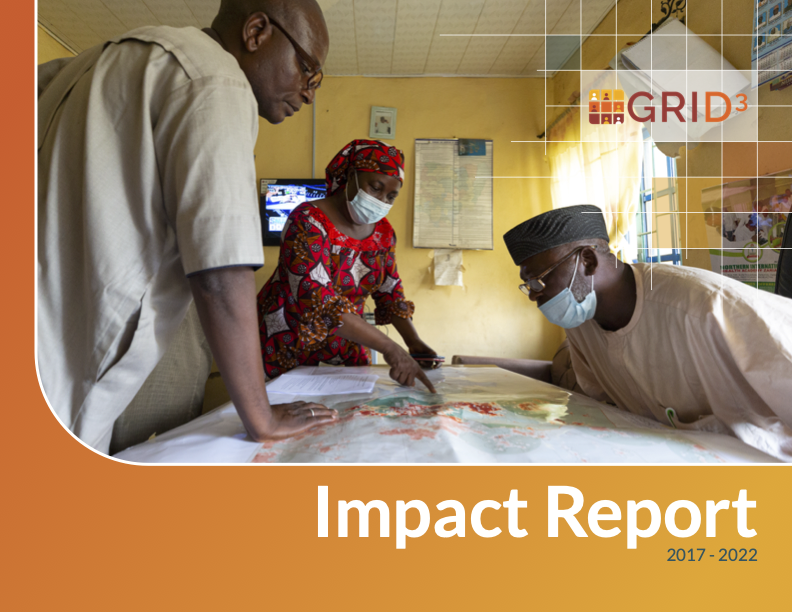Microplanning: A promising approach to identify and reach zero-dose children in Democratic Republic of Congo (DRC)
This case study examines microplanning approaches as a key component in the Mashako Plan 2.0 to revitalize routine immunization strategies in the Democratic Republic of Congo (DRC).
The Mashako Plan was developed by the EPI with the support of Acasus, Gavi, UNICEF, the Bill & Melinda Gates Foundation (BMGF), and WHO, and led to a 50% increase in vaccination sessions in 2020 compared to 2018 and was expanded to all provinces during 2020–2022. The Mashako Plan 2.0 began in 2021, with the aim to expand and build upon the success of the first iteration and make adjustments based on challenges encountered.
This study examines challenges and lessons learned from the interventions aimed at enhancing microplanning for increased vaccination outcomes, including work done through the GRID3 M4H project, and presents data on those results.
| Source | Gavi |
|---|---|
| Published | 2023 |



